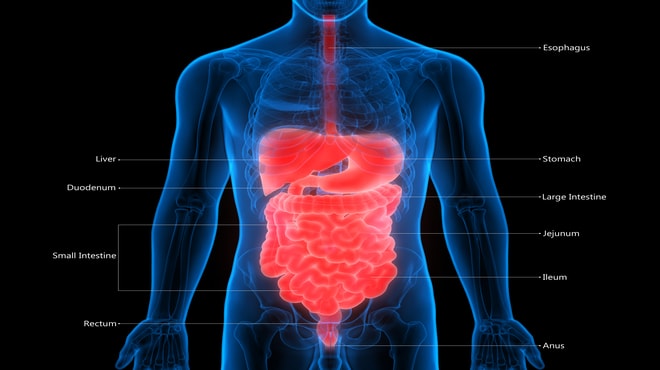Hormone Therapy for Stomach Cancer

What is Hormone Therapy?
Hormone therapy is a type of cancer treatment that involves the use of drugs to block or reduce the production of hormones that stimulate the growth of cancer cells. Hormones are natural substances that are produced by the body and are responsible for regulating various bodily functions. In some cases, hormones can stimulate the growth of cancer cells. Hormone therapy is used to block this process and slow down or stop the growth of cancer cells.
How Does Hormone Therapy Work?
Hormone therapy works by blocking the production of hormones that stimulate the growth of cancer cells. There are different types of hormone therapy, and the specific treatment depends on the type of cancer and the patient's individual needs. Some common types of hormone therapy include:
- Luteinizing hormone-releasing hormone (LHRH) agonists
- LHRH antagonists
- Aromatase inhibitors
- Antiandrogens
Luteinizing Hormone-Releasing Hormone (LHRH) Agonists
LHRH agonists are drugs that work by reducing the production of testosterone, a male hormone that can stimulate the growth of prostate cancer cells. By reducing the production of testosterone, LHRH agonists can slow down the growth of prostate cancer cells.
LHRH Antagonists
LHRH antagonists work in a similar way to LHRH agonists, but they work faster and do not cause an initial increase in testosterone levels. LHRH antagonists are often used to treat prostate cancer that has spread to other parts of the body.
Aromatase Inhibitors
Aromatase inhibitors are drugs that work by blocking the production of estrogen, a female hormone that can stimulate the growth of breast cancer cells. By reducing the production of estrogen, aromatase inhibitors can slow down the growth of breast cancer cells.
Antiandrogens
Antiandrogens are drugs that work by blocking the effects of testosterone, a male hormone that can stimulate the growth of prostate cancer cells. By blocking the effects of testosterone, antiandrogens can slow down the growth of prostate cancer cells.
Benefits and Drawbacks of Hormone Therapy
Like all cancer treatments, hormone therapy has both benefits and drawbacks. Some of the benefits of hormone therapy include:
- Slowing down or stopping the growth of cancer cells
- Reducing the risk of cancer recurrence
- Managing cancer symptoms
However, hormone therapy also has some drawbacks, including:
- Side effects, such as hot flashes, fatigue, and nausea
- The need for ongoing treatment
- The possibility of the cancer becoming resistant to hormone therapy
FAQ
What types of cancer can be treated with hormone therapy?
Hormone therapy is commonly used to treat breast cancer, prostate cancer, and ovarian cancer. It can also be used to treat other types of cancer, such as stomach cancer.
Is hormone therapy safe?
Hormone therapy is generally safe, but it can cause side effects, such as hot flashes, fatigue, and nausea. Your doctor will work with you to manage any side effects and monitor your progress.
How long does hormone therapy last?
The length of hormone therapy depends on the type and stage of cancer, as well as the patient's individual needs. Some people may only need hormone therapy for a few months, while others may need it for several years.
Can hormone therapy cure cancer?
Hormone therapy cannot cure cancer, but it can slow down or stop the growth of cancer cells. It is often used in combination with other treatments, such as chemotherapy or radiation therapy, to increase the chances of a successful outcome.
Conclusion
Hormone therapy is a type of cancer treatment that can be used to slow down or stop the growth of cancer cells. It is commonly used to treat breast cancer, prostate cancer, and ovarian cancer, as well as other types of cancer, such as stomach cancer. Like all cancer treatments, hormone therapy has both benefits and drawbacks, and it is important to discuss the risks and benefits with your doctor before starting treatment.
